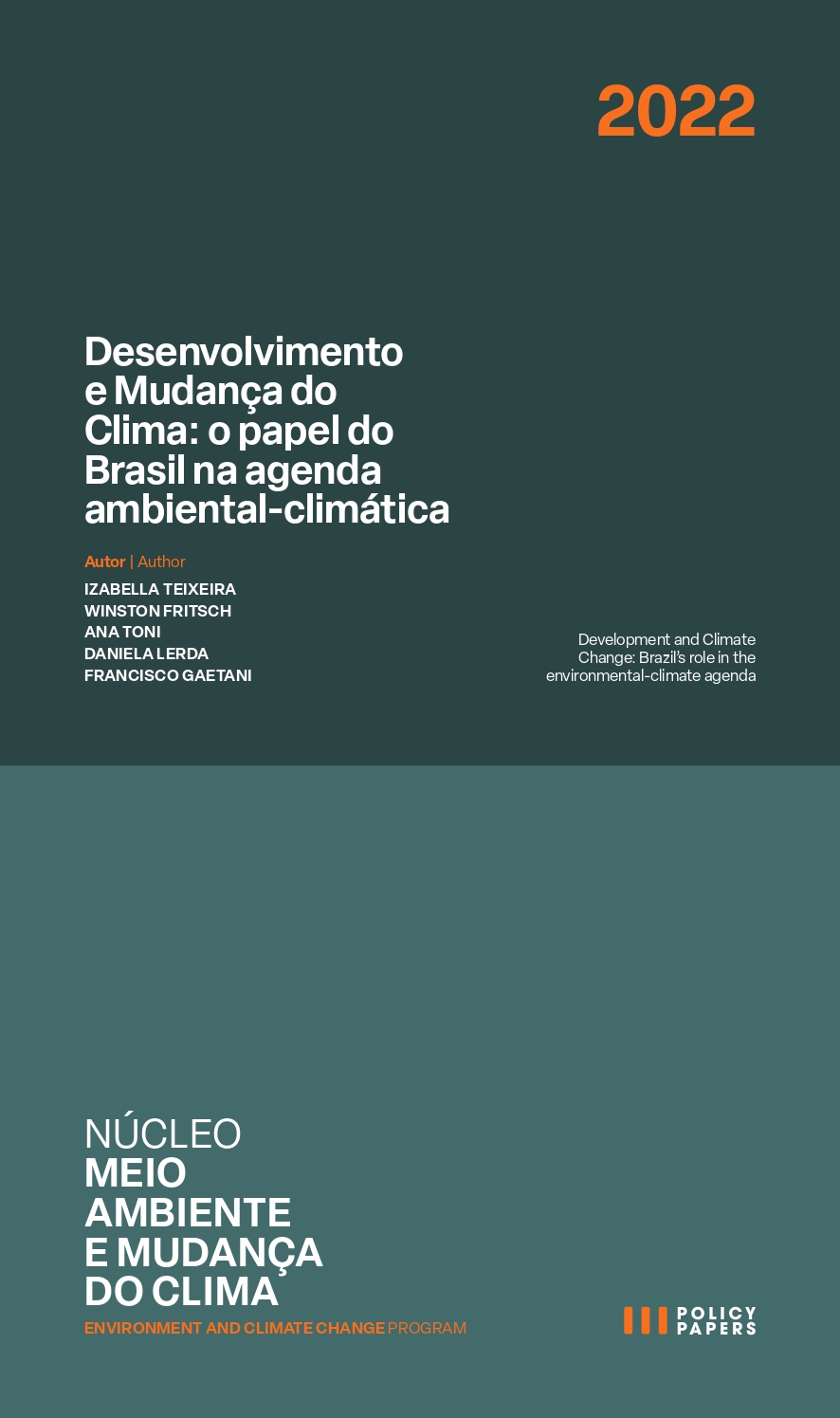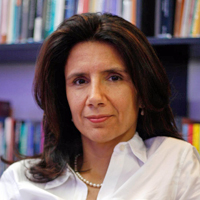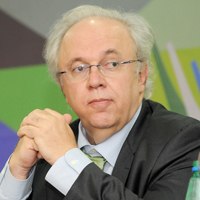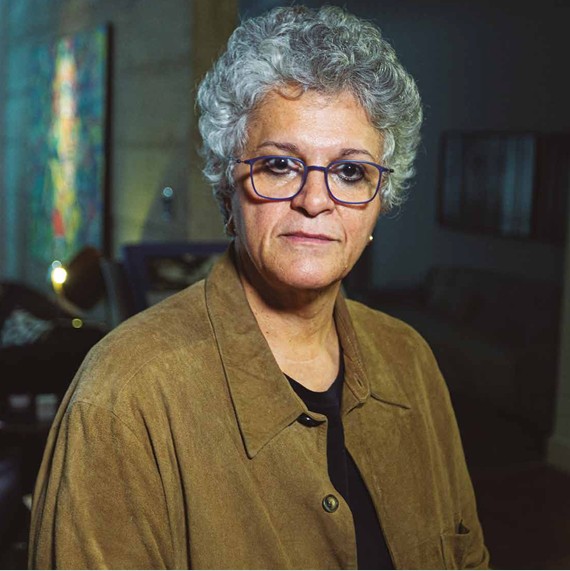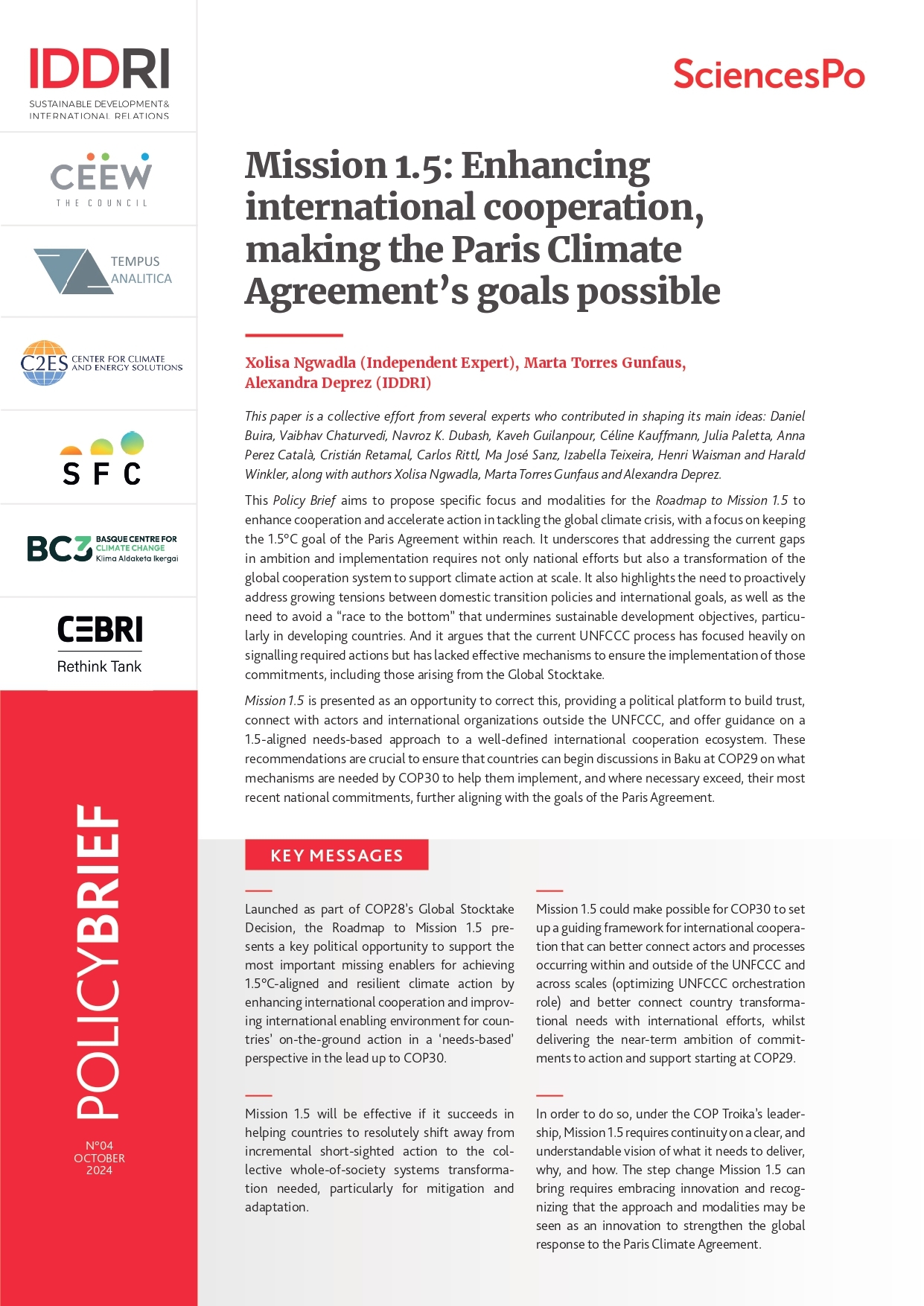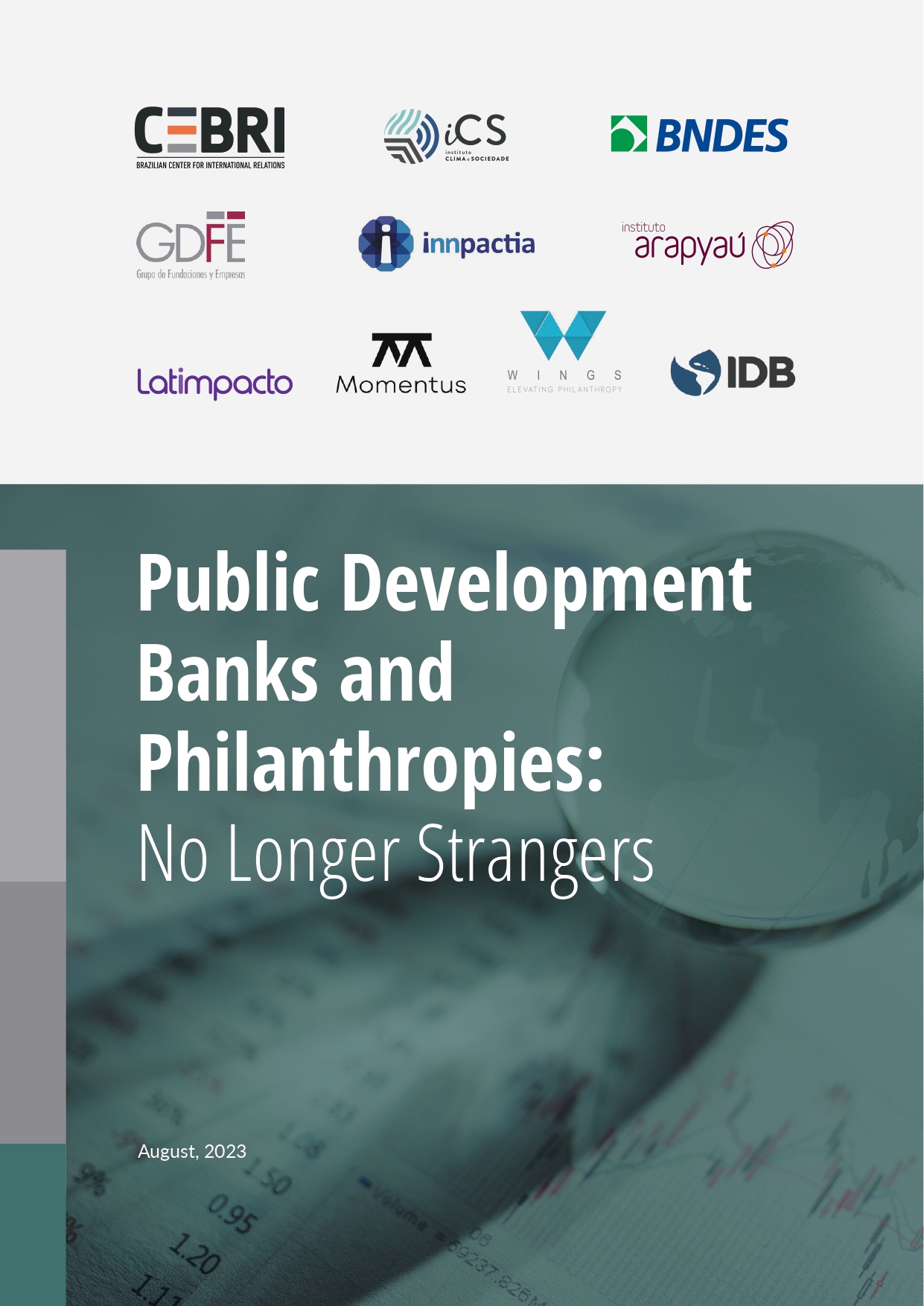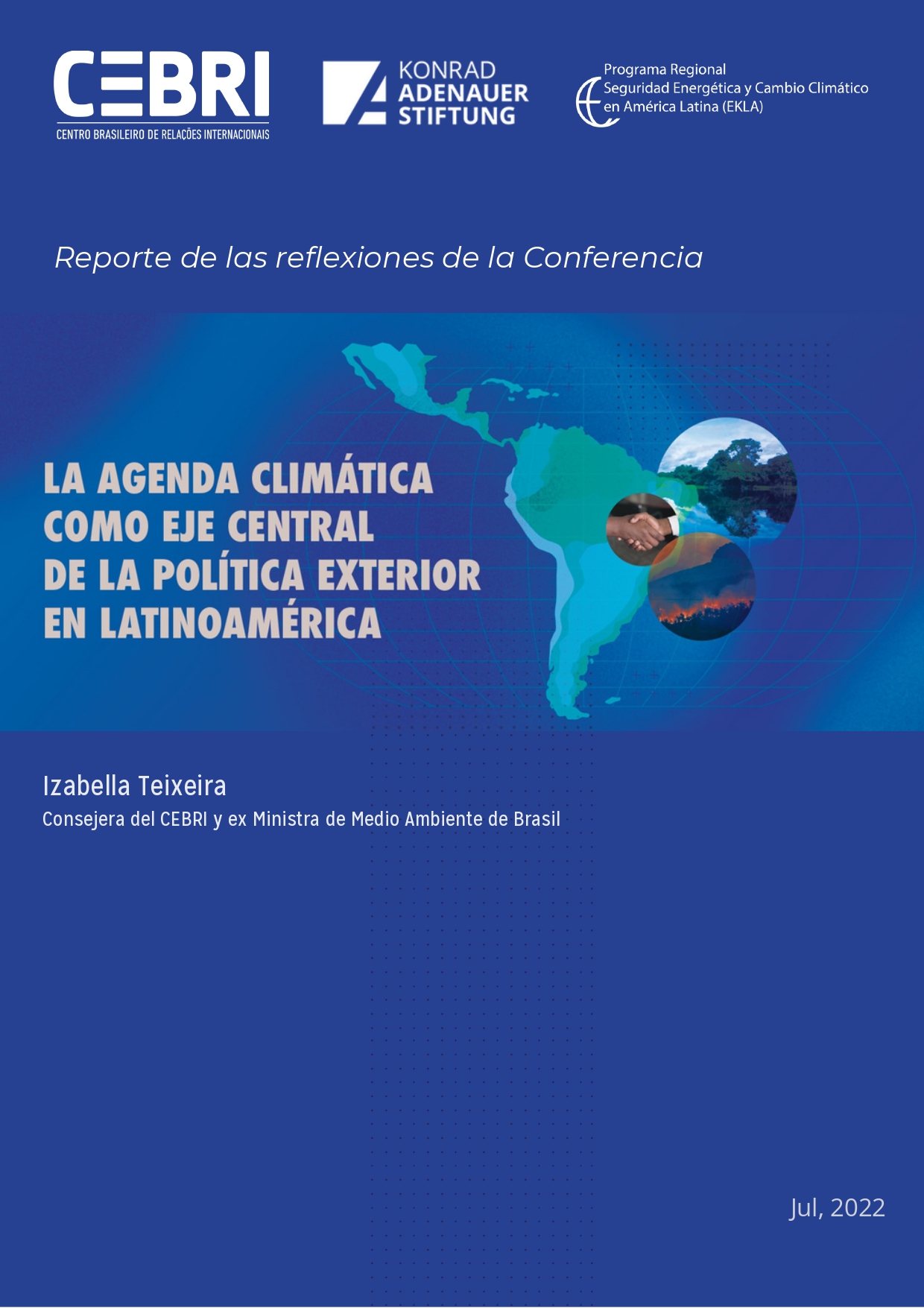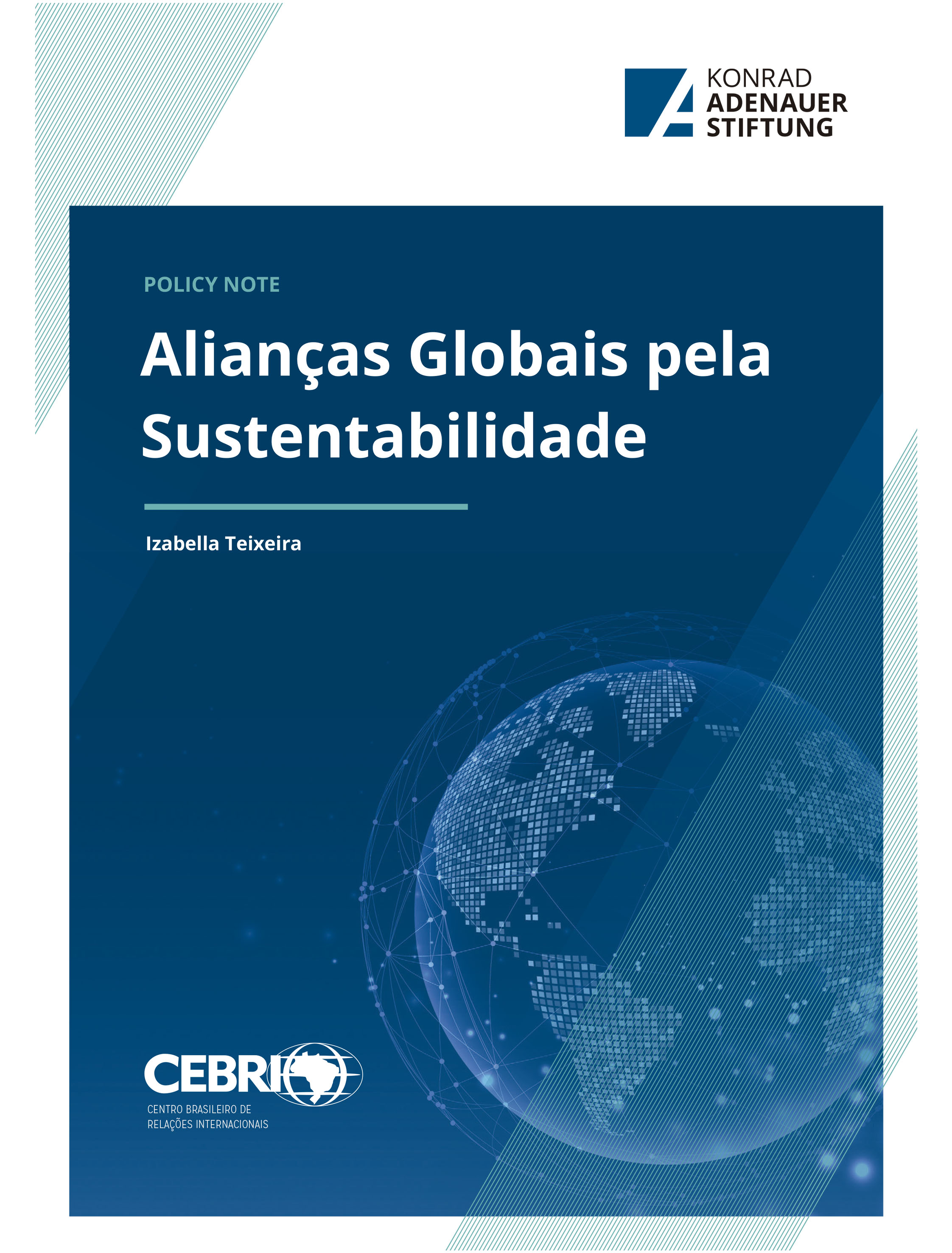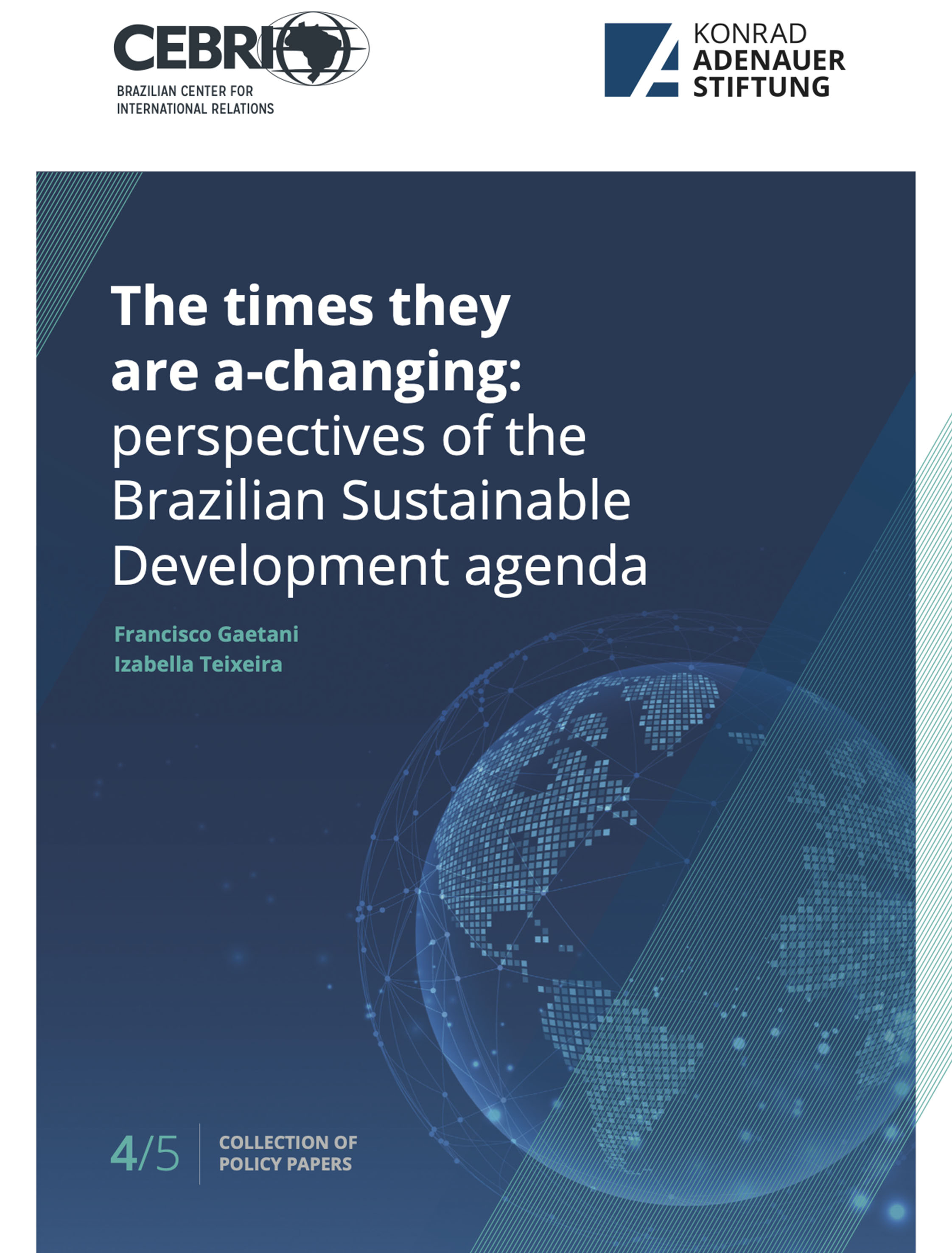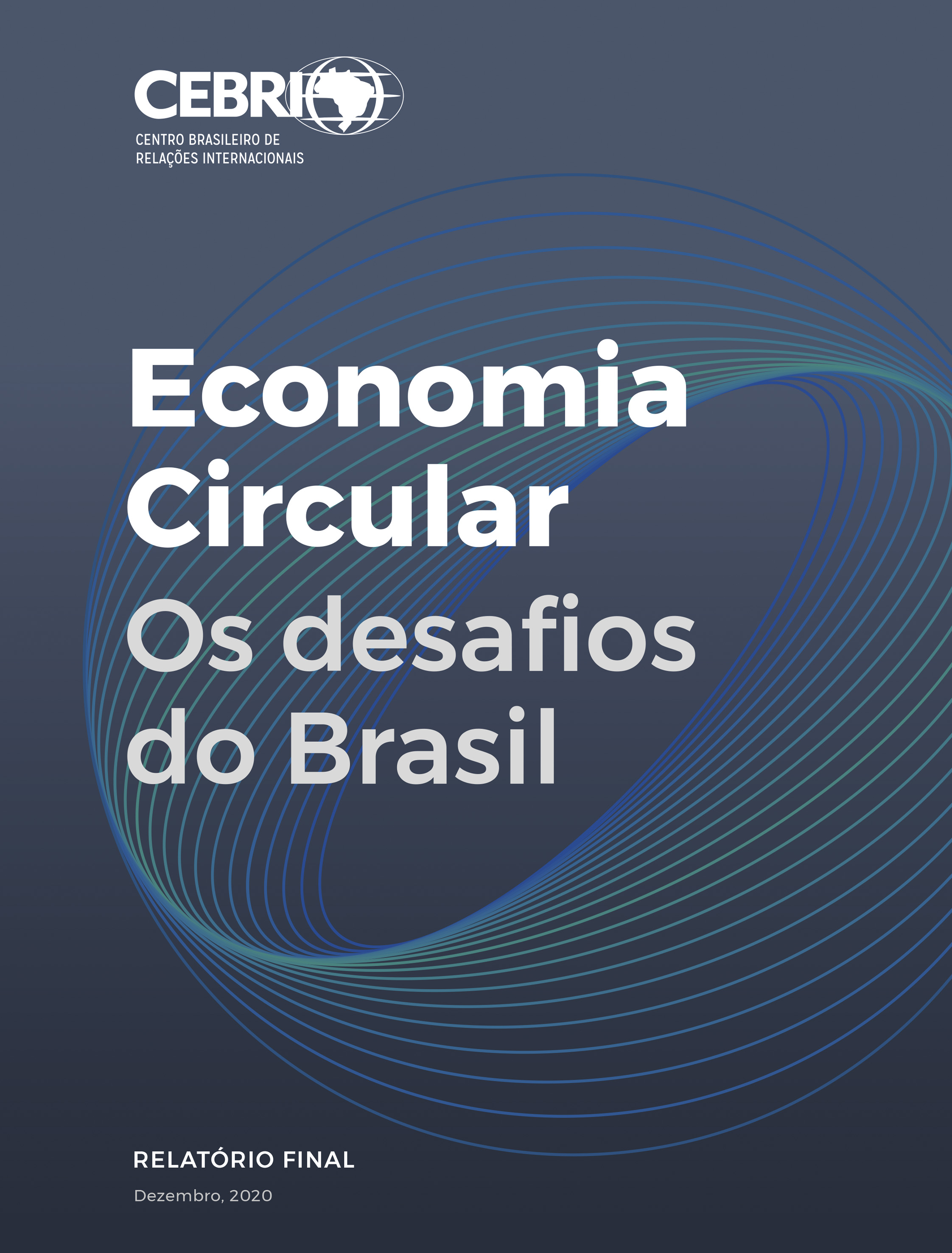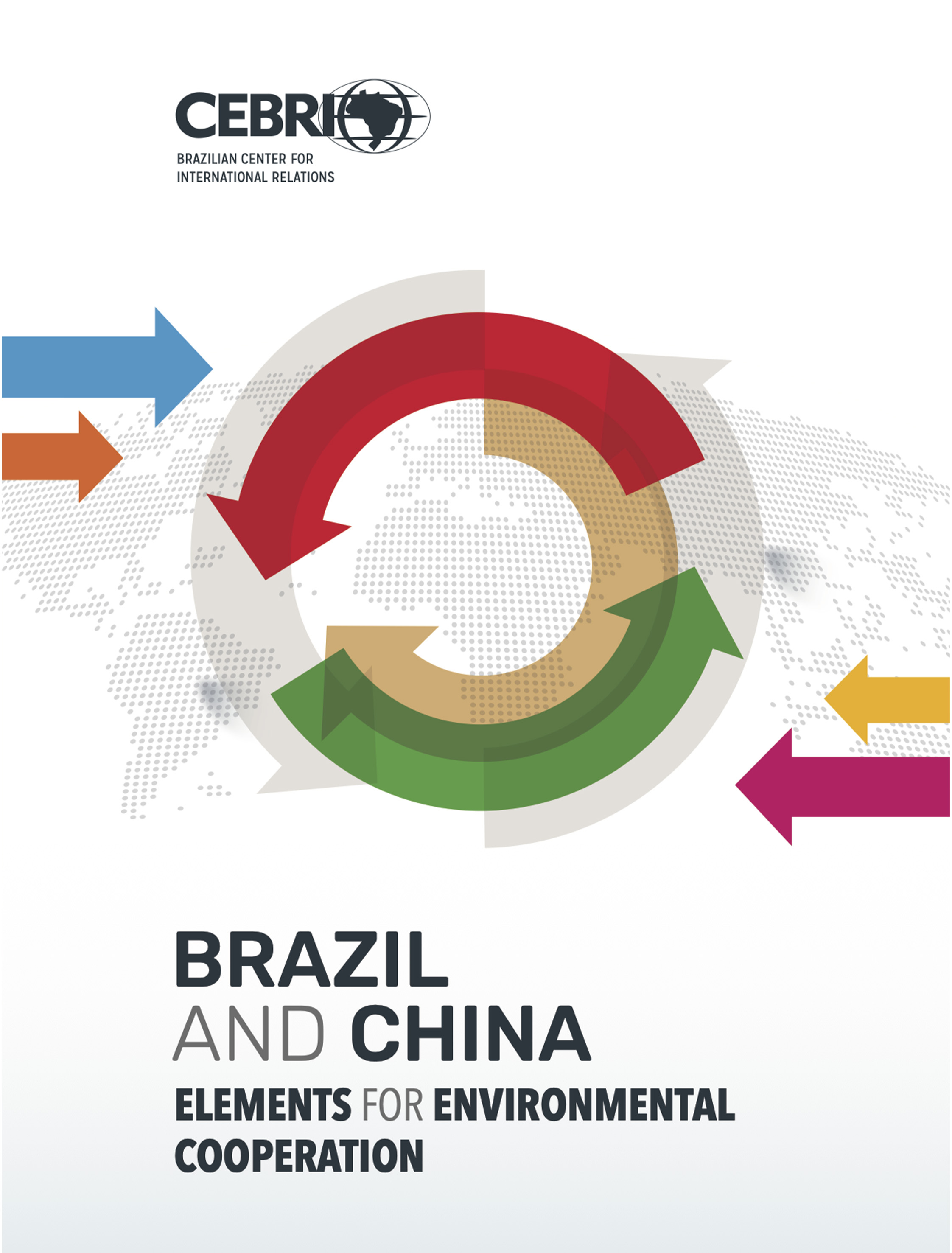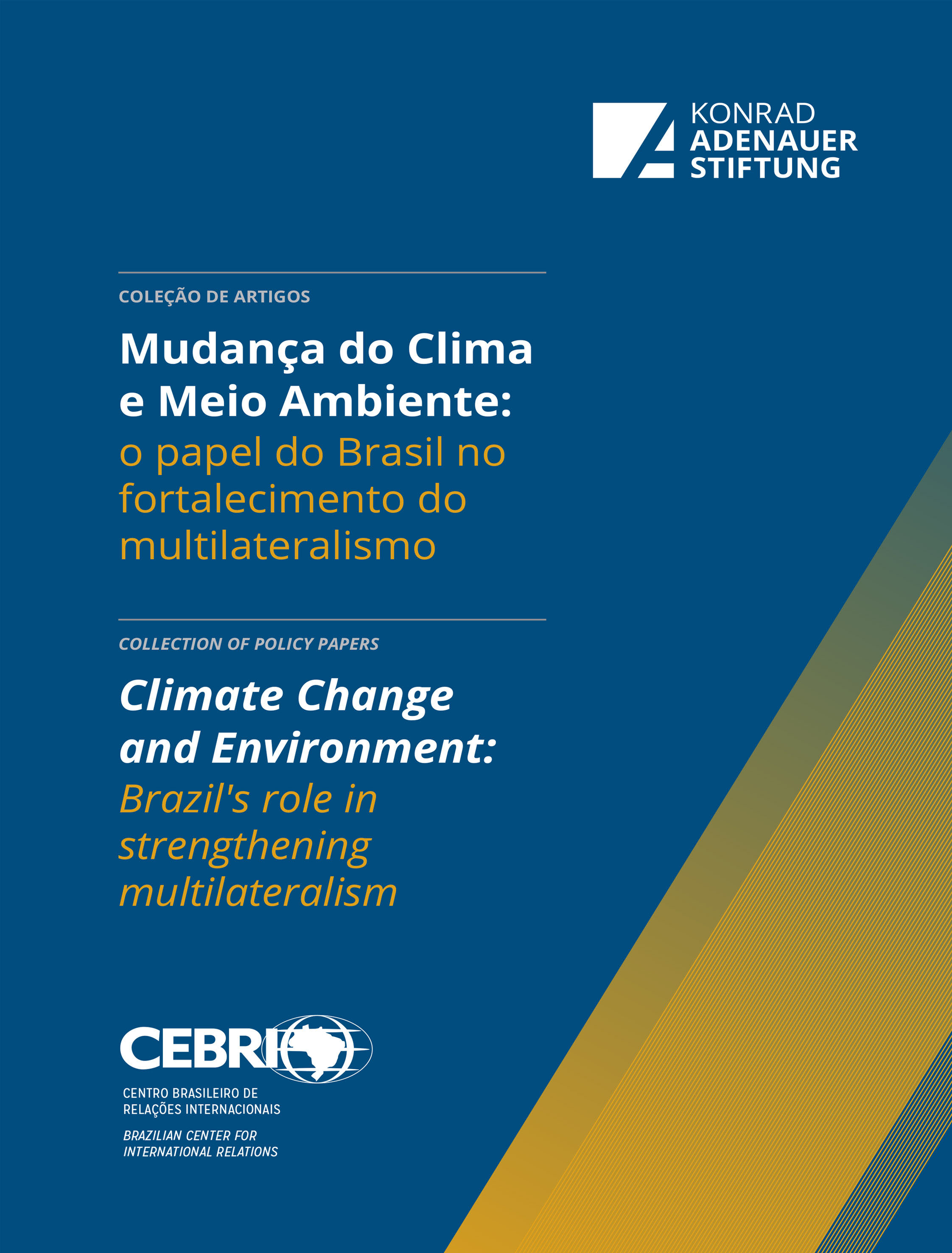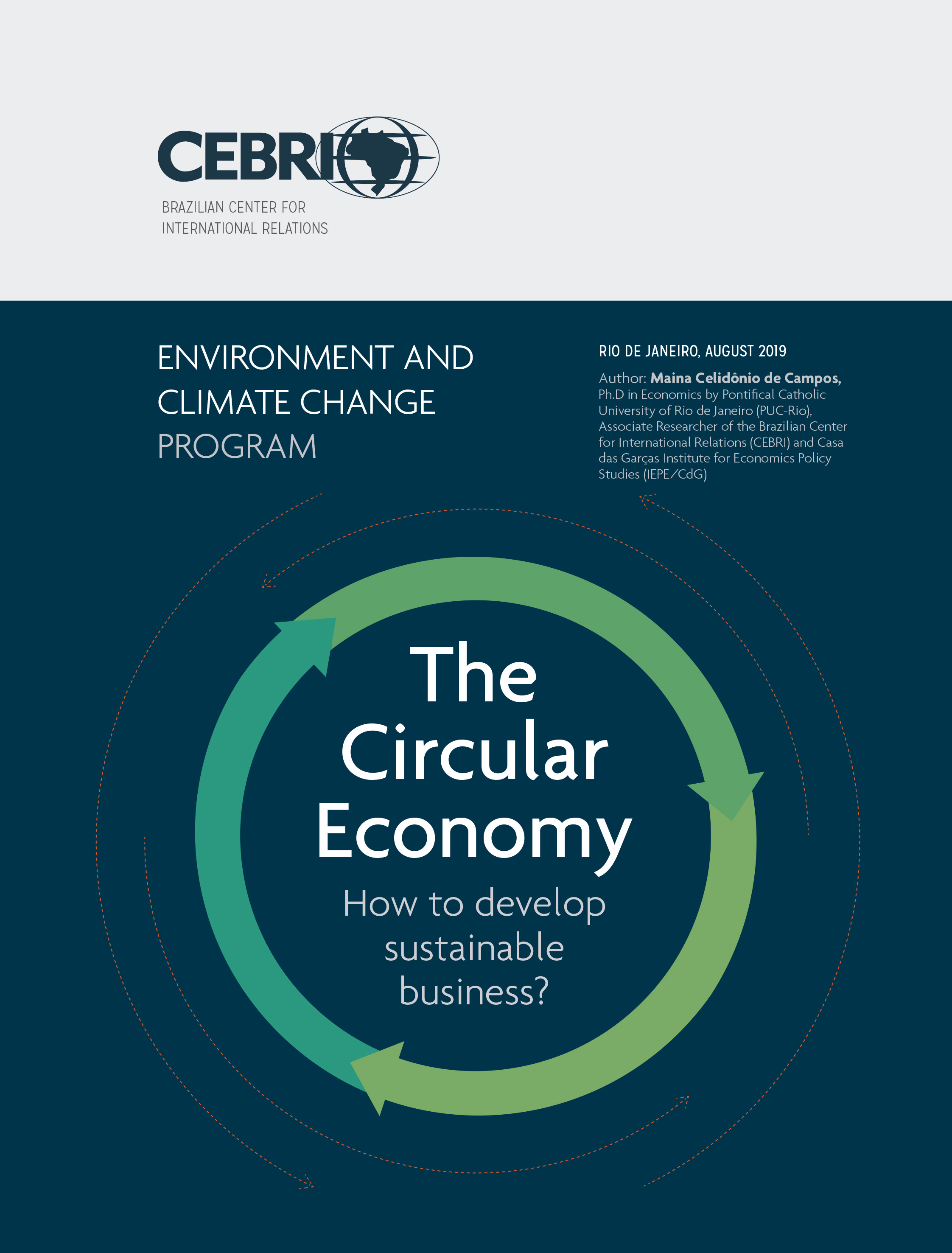Policy Papers
Development and Climate Change: Brazil’s role in the environmental-climate agenda
- Environment
- 29 november 2022
This policy paper was written over the course of 2022 — a year of change for Brazil, Brazilian foreign policy, and multilateral environmental agreements. The recommendations, challenges, and assumptions presented here remain equally valid as they follow long-term processes, although the text does not consider the impact of Lula’s victory on these decisions. However, we deem it pertinent to add brief remarks on the year’s final months, over which Brazil elected its new President and Egypt held the COP27.
This policy paper was written over the course of 2022 — a year of change for Brazil, Brazilian foreign policy, and multilateral environmental agreements. The recommendations, challenges, and assumptions presented here remain equally valid as they follow long-term processes, although the text does not consider the impact of Lula’s victory on these decisions. However, we deem it pertinent to add brief remarks on the year’s final months, over which Brazil elected its new President and Egypt held the COP27.
